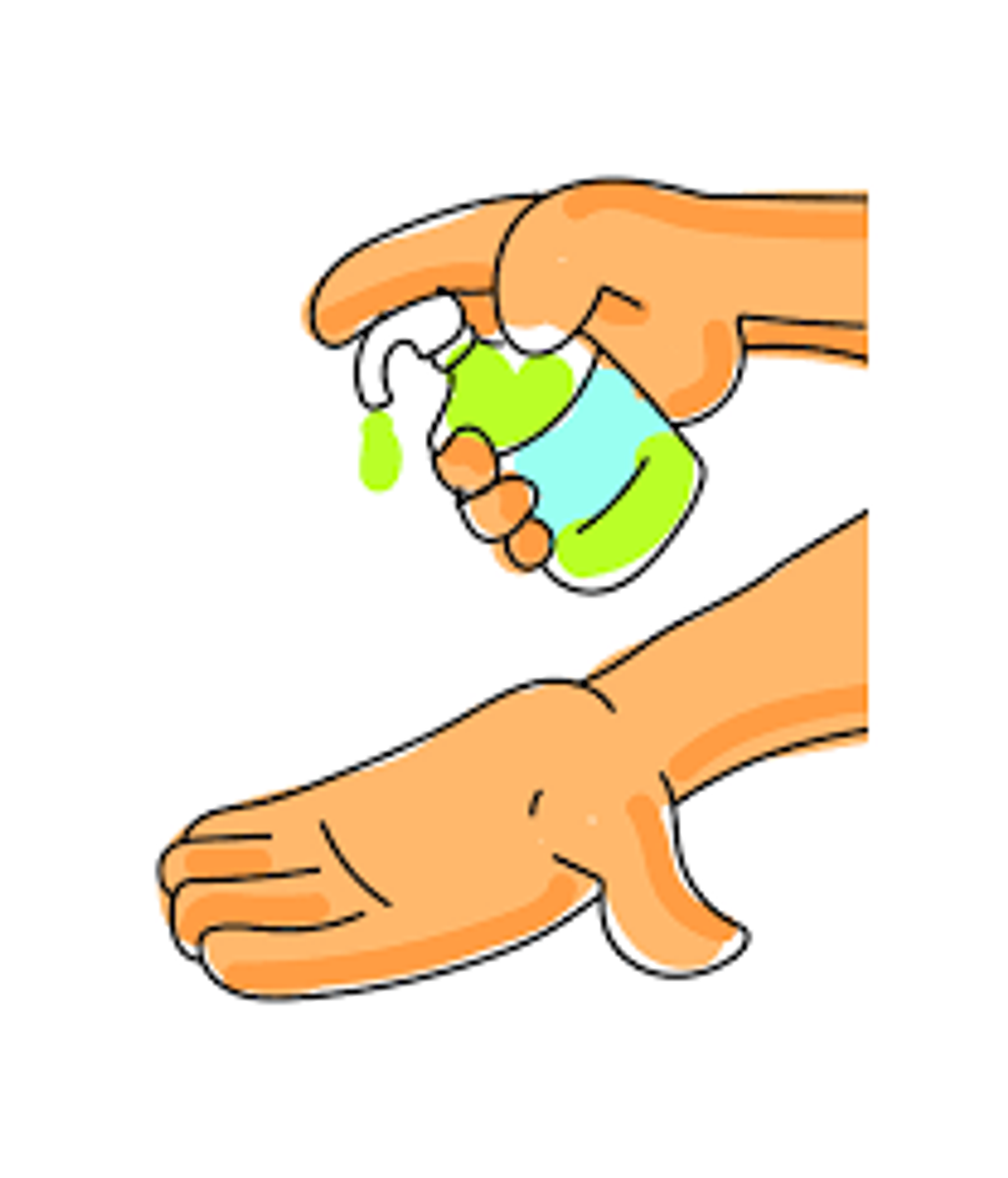Student Wellbeing & Learner Diversity

Ways to Keep Kids Healthy
School is a place where kids learn and grow cognitively, develop social skills, and become independent individuals. Children also spend a lot of time in classrooms where they can easily pick up germs and illnesses and transfer infections to one another. It's essential that kids learn healthy habits—such as handwashing, getting sufficient sleep, and eating nutritious meals—early on. By helping kids establish some important habits, parents can show them how to make health a priority .
Hand washing with soap and water for at least 20 seconds is one of the most important ways to prevent the spread of illness in the classroom and elsewhere. When kids come in contact with germs, they can easily spread those germs—especially if they rub their eyes or scratch their nose.
Then it's only a matter of time until the rest of the family is sick as well. But frequent hand washing can help slow the spread of germs.
Teach kids how to wash their hands properly—and when to do it (after blowing their nose, using the bathroom, and before eating). This helps reduce their risk of getting sick and in turn, from infecting others.
Be sure to assist young children with washing their hands. When hand washing is not possible, hand sanitiser containing at least 60% alcohol is the next best way to kill germs that cause many illnesses.
Healthy Immune System. There is no proven way to "boost" the immune system, but it is important to keep kids' bodies healthy so their immune systems can work properly. Getting enough sleep, maintaining a healthy diet, managing stress, exercising, making time to laugh, and emphasising hand washing can help reduce your child's risk of getting colds, flu, and other infections.
Watch for Signs of Anxiety and Stress. Homework, tests, social pressures—kids can face a lot of stressful situations every day. Research shows that stress and anxiety can have a negative impact on kids' health, just like it can on the health of adults. Parents need to know how to spot symptoms of stress and find ways to manage children's anxiety.
Work with your child to identify things in their life that they can control, like what they wear and how they spend their free time. Brainstorm together about what helps them de-stress. For some kids this might mean writing in a journal, while others might enjoy playing a board game or going for a walk.
The key is to personalise stress management strategies to each child. What works for one may not work for another. If these self-help strategies aren't working, contact your child's paediatrician for recommendations on ways to address your child's anxiety and stress.
Get adequate sleep.
A consistent bedtime routine is important to your child's health. Children in Foundation through Grade Six should get between 9 and 11 hours of sleep. Sleep quality is directly associated with behaviour, eating habits and the ability to fight off infections. Lack of sleep increases cravings for junk food and often results in mood swings, temper tantrums and an increased risk of infection.
Exercise daily. Help your child get at least 60 minutes of exercise a day. This will help them:
- Sleep better
- Fight off infection
- Be healthier overall
- Improve their behaviour
- Manage stress better
- Improve performance at school
Reduce screen time. Any screen time not associated with homework should be limited to two hours a day or less and includes phones, televisions, tablets, video games and computers. The light emitted from screens can reduce melatonin levels, making it more difficult to fall asleep and can disrupt the body's circadian rhythm.
Practice healthy eating habits. Promote your child's health with a nutritious breakfast, lunch and dinner, along with adequate hydration throughout the day. Ways to Keep Kids Healthy
- A healthy breakfast that includes protein, dairy and whole grains is directly correlated to positive behaviours throughout the day and improves your child's ability to focus and concentrate
- A nutritious lunch includes lean meats, whole grains, fruits and vegetables
- Top off, the day with a family dinner. Mealtimes spent with family promote better health and well-being. It can help prevent fatigue, improve mood, aid digestion and weight maintenance and improve brain function
- Promote healthy drink choices like water and milk. Limit or eliminate sugar-sweetened and caffeinated beverages. Caffeine can increase your child's heart rate and blood pressure, interrupt sleep and cause nervousness and irritability





